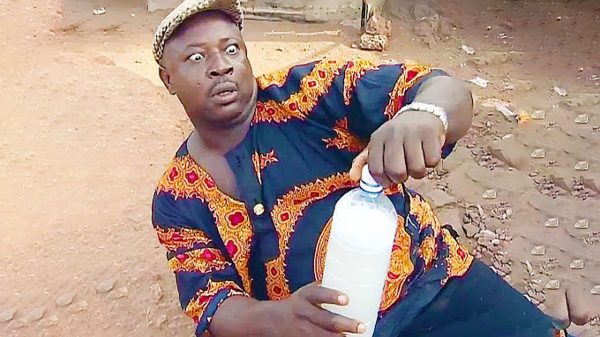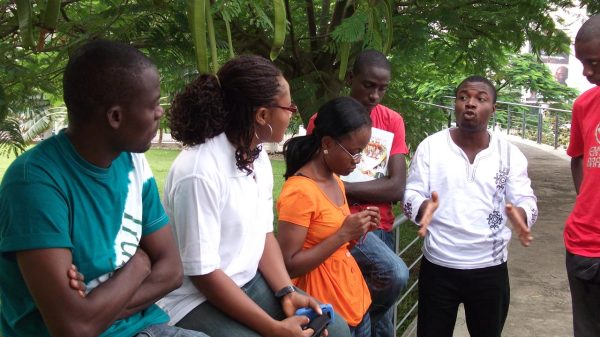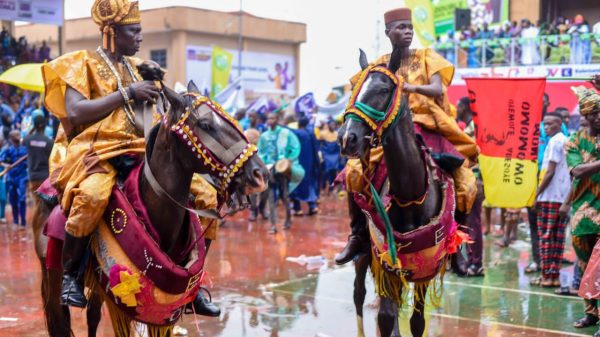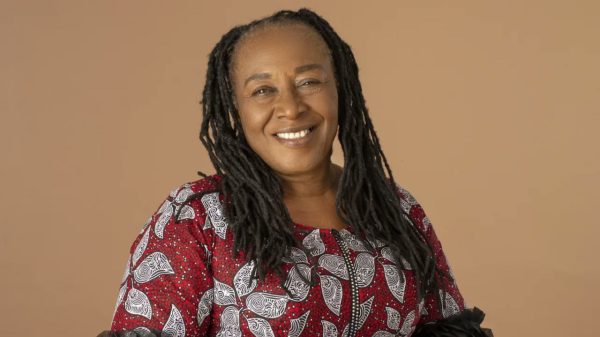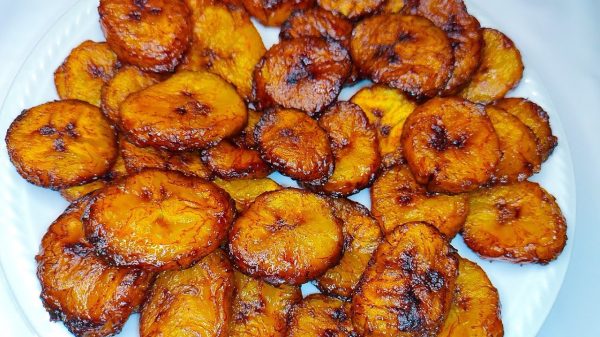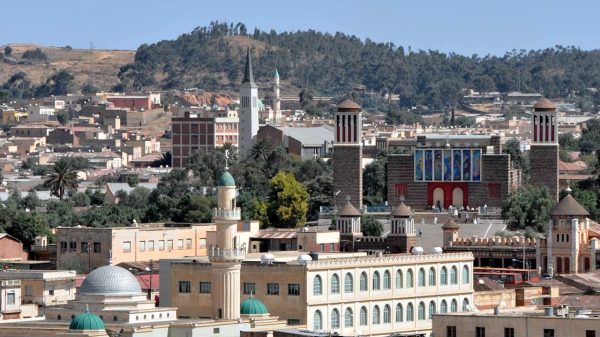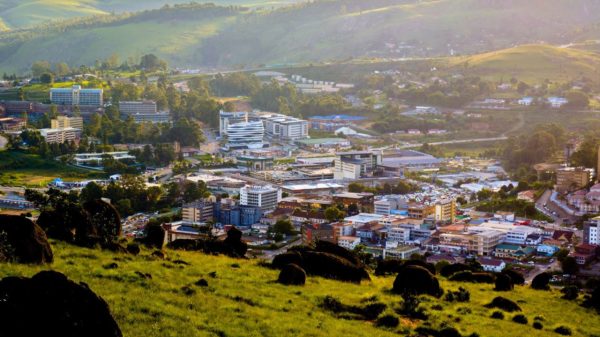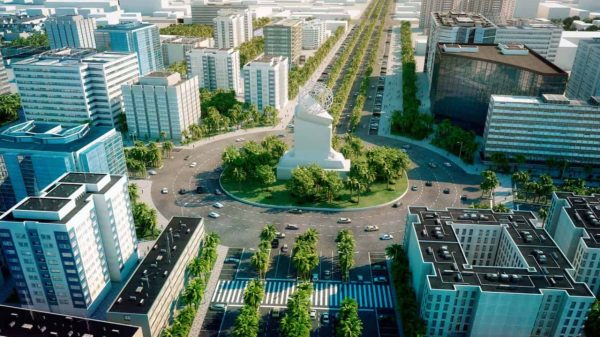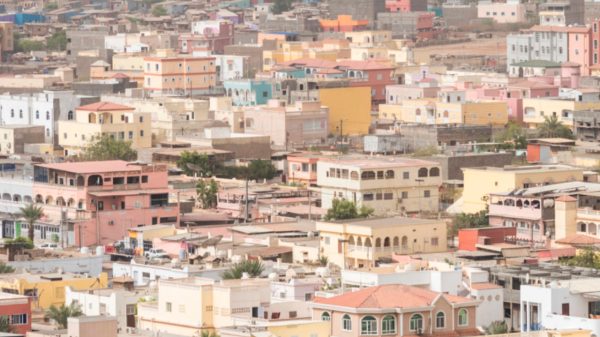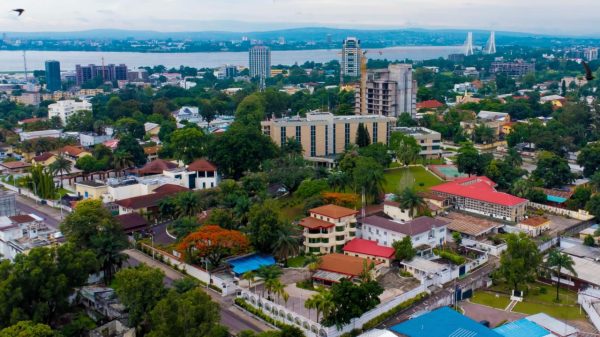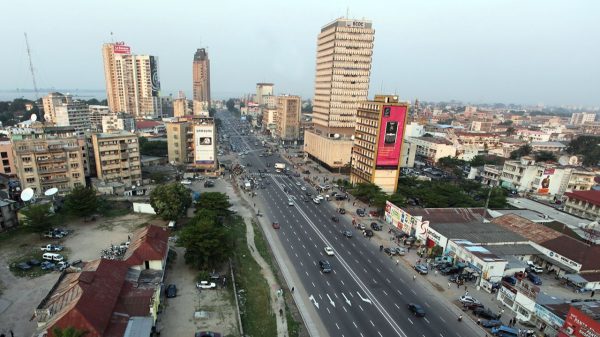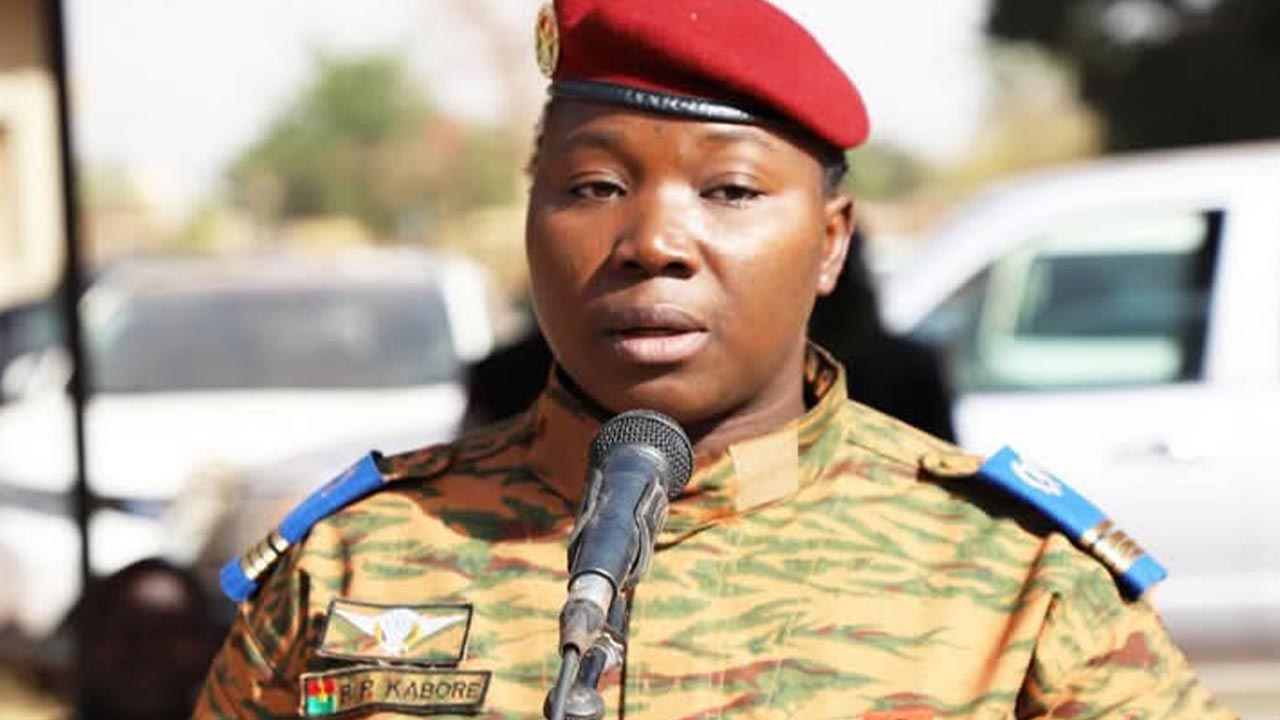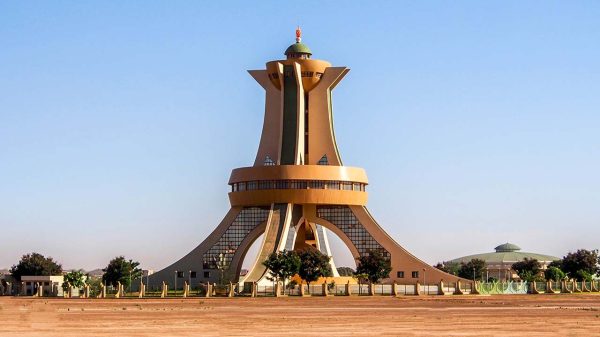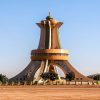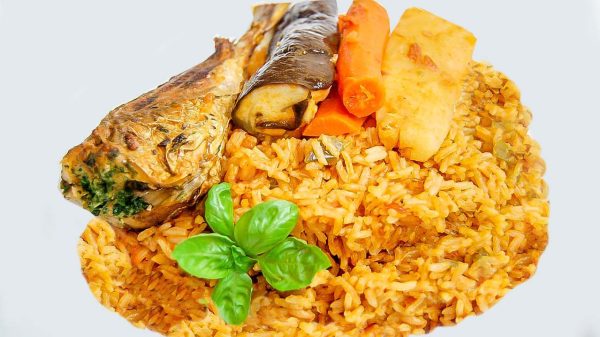Imagine you have a lemonade stand, and for years, a neighbor has been giving you free lemons, sugar, and cups. You appreciate the help, but over time, you start growing your own lemon trees, saving money to buy sugar, and even making your own cups. Eventually, you realize that while the neighbor’s help was useful, you don’t actually need it anymore. That’s kind of what Burkina Faso is saying about USAID.
What Is USAID?
USAID stands for the United States Agency for International Development. It’s an organization run by the U.S. government that provides money, food, healthcare, and other kinds of help to countries around the world. The goal is to support countries in solving problems like poverty, hunger, education, and natural disasters. Think of it like an international charity, but one backed by the U.S. government.
Many countries in Africa, including Burkina Faso, have received USAID assistance over the years. But recently, Burkina Faso’s Minister of Humanitarian Affairs, Passowendé Pélagie Kaboré, announced that the country doesn’t need USAID anymore—at least, not as much as before. He revealed that in 2023, the ministry was able to achieve 91% of its goals without USAID’s help. That’s a big statement. But what does it actually mean?
Why Is Burkina Faso Saying This?
Burkina Faso is facing a lot of challenges right now. The country has been dealing with armed conflicts, political instability, and economic struggles. Despite this, the government is saying that it is strong enough to handle its problems without outside assistance from the U.S.
There are a few possible reasons behind this decision:
- Greater Self-Reliance – Just like in the lemonade stand example, Burkina Faso’s government may feel that it has built up its own resources and strategies to manage humanitarian efforts without depending on foreign aid.
- Shifting Alliances – In recent years, Burkina Faso has been moving away from Western partnerships and strengthening ties with countries like Russia and China. Some analysts believe this announcement is part of a bigger political shift.
- Uncertainty About USAID’s Future – The U.S. government itself has been reconsidering how USAID operates. Under the Trump administration, there were discussions about merging USAID with the State Department, cutting its budget, or even shutting it down entirely. Critics of USAID, including figures like Elon Musk and Trump, have claimed the agency’s spending is inefficient. If USAID’s future remains uncertain, Burkina Faso may see this as a good time to reduce its reliance on it.
- Criticism of Foreign Aid – Many African leaders have argued that too much foreign aid creates dependency, making it harder for countries to develop their own solutions. By reducing its reliance on USAID, Burkina Faso might be trying to prove that it can stand on its own.
Does This Mean USAID Wasn’t Helpful?
Not at all! USAID has played a significant role in Burkina Faso, funding projects in education, healthcare, and agriculture. For example, USAID has helped fight malnutrition by providing food assistance and supported schools with better learning materials. The agency has also worked on improving clean water access and health services.
However, aid is not always perfect. Some critics argue that foreign aid can sometimes come with conditions that don’t always align with what local communities need. Others say it can discourage governments from building their own systems because they rely too much on outside help. Think of it like relying on a tutor to do all your homework instead of learning how to solve problems yourself.
What Happens Next?
Just because Burkina Faso says it can do without USAID doesn’t mean foreign aid will disappear overnight. Some international organizations may continue their work in the country, and the government will likely still receive some forms of external support.
The big question is whether Burkina Faso can truly sustain its progress without USAID. Can the government fill in the gaps that USAID used to cover? Will this decision improve the country’s independence, or could it lead to new challenges? Only time will tell.
Why Should You Care?
This story isn’t just about Burkina Faso or USAID—it’s about how countries grow, develop, and make tough choices. It raises important questions about whether foreign aid is always the best way to help a country or if there’s a point when countries need to step up and do things on their own.
If you’ve ever been in a situation where you had to decide between accepting help or figuring things out yourself, you can probably relate. Whether it’s learning to cook instead of ordering takeout or fixing your bike instead of asking a friend, independence is a big part of growth. Burkina Faso is making that choice on a much larger scale.
So, what do you think? Is Burkina Faso making a bold and smart move, or could this decision bring unexpected challenges? Either way, it’s a moment worth paying attention to.
Subscribe to our Newsletter
Stay updated with the latest trends in African Pop Culture!

